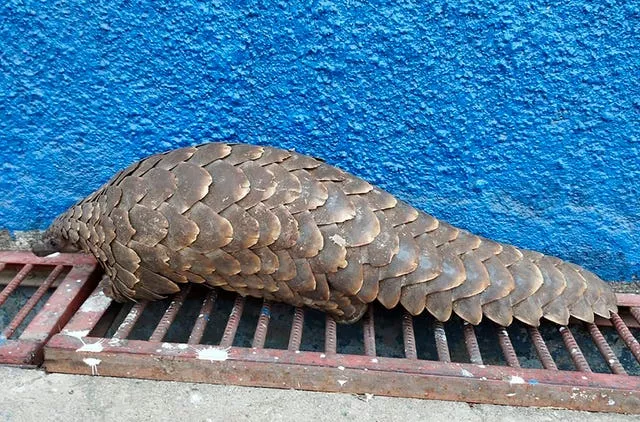Interpol and the World Customs Organisation said on Tuesday that they seized 53 primates, four big cats and more than 1,300 birds, as well as some 300kg (660lb) of ivory, thousands of turtle eggs, and rhino horns, leopard skins, and lions’ teeth and paws in their sweeping annual crackdown on wildlife and timber trafficking which this year covered 133 countries.
Interpol said it co-ordinated around 500 arrests worldwide from October 2 to 27 and more than 2,000 confiscations of animals and plants were made.
Advertisement
2,114 seizures of endangered animals and timber as part of a major international law enforcement operation
➡️https://t.co/oHXWRbvHEp#WCO #Customs #Police #WildlifeProtection #WildlifeTrafficking #OperationThunder @CITES @DefraGovUK @EU_Commission @ICCWC @INTERPOL_HQ @USAID pic.twitter.com/n6D6lTKBuA— World Customs Organization (@WCO_OMD) December 12, 2023
Advertisement
This year’s operation marks the highest participation in Operation Thunder since its inception in 2017.
The live animals were destined for the pet trade, egg harvesting or as a source of meat, while the wildlife parts are used for jewellery or rituals.
Interpol Secretary-General Jurgen Stock said: “Important and endangered animals, birds and plants are being put at risk of extinction by wildlife and timber traffickers.
Advertisement
“These appalling crimes not only deprive the world of unique animals and plants but also countries of their natural assets.”

As part of the operation, hundreds of vehicles, including cars, trucks, and cargo ships, were searched at checkpoints across all regions.
Advertisement
Specialist sniffer dogs and X-ray scanners were deployed to detect hidden wildlife and camouflaged timber shipments. Hundreds of parcels, suitcases, vehicles, boats, and cargo transporters were examined.
Interpol stresses the links between environmental crime and other forms of crime, including violence, corruption, and financial crime.

Advertisement
WCO highlighted the critical role of customs in disrupting criminal networks through strict border controls, intelligence-sharing, and technological advancements.
WCO Secretary-General Kunio Mikuriya said this involves “enforcing strict controls at borders” to thwart traffickers and “intelligence-sharing, championing collaboration and adopting technological advancements” in customs operations.
Operation Thunder is an annual joint operation co-ordinated by Interpol and the WCO, with the backing of intergovernmental organisations.
